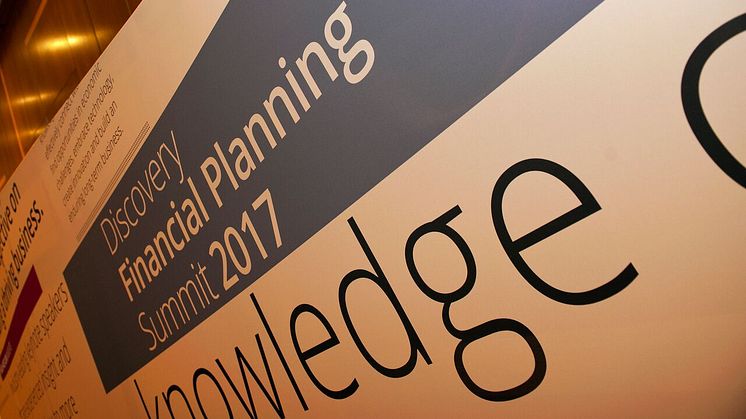
News -
Adrian Gore: A balanced outlook required for SA’s future… and financial planning
Discovery CEO, Adrian Gore, advocated the importance of a balanced outlook at the Discovery Financial Planning Summit at the Sandton Convention Centre this week, saying South Africa is on an upward trajectory, contrary to popular opinion.
“There is a view that at the start of democracy, South Africa was an industrial giant and has been in decline ever since. Nothing could be further from the truth. The facts clearly show that the JSE is today 10 times bigger than it was in 1996, poverty has been more than halved and amazingly, the economy has gone up nearly six times in size,” he told more than 2 000 financial advisers.
Bringing the South African outlook back to financial planning, Gore said people are miscoded in that they are inherently trained to look for negative signals. “Society is coded for instant gratification, which means that the future is discounted,” he said. He explained that this is due to hyperbolic discounting or the tendency to choose a smaller reward immediately over a larger, delayed reward. “People smoke, they drink and they don’t exercise. They do this because they only care about the now. Around the world, 80 to 90% of the disease burden is non-communicable and could have been avoided simply through better choices,” he says.
“You need to be able to identify both positive and negative signals for successful financial planning. If you only look at negative signals, you easily miss opportunities. For example, the Discovery story started in 1992 – when the country was going through massive change and South Africa’s future was unclear, and today we are a successful global company. There is an element of timing in that success story and it’s about spotting opportunities and the moment when assets were underpriced which is when you invest. Right now banks are in the firing line but we are starting a bank because we believe very strongly in seeking positive signals to make the right financial decisions. Similarly, in financial planning, there is nothing more important than buying at the right time,” he says.
Gore pointed out that as you live longer, your life expectancy grows. So, for example, if you reach age 65, your life expectancy goes up to 82 or 84. If you live to 85, your life expectancy goes up to 91. “People assume that life expectancy is a static number, not realising that if you reach retirement age, you are already likely to live longer so the period of your retirement is longer than you think. Discovery statistics show that if you are 40 years old, you are likely to spend 42% of your life in retirement. If you are 35, 38% of your future life will be in retirement years. But the bias of instant gratification means that people are saving too little, too late.
“While we are living in complicated times, the human bias towards hyperbolic discounting makes financial planning complicated and the mismatch could be fatal in the absence of excellent financial advice,” he concluded.






